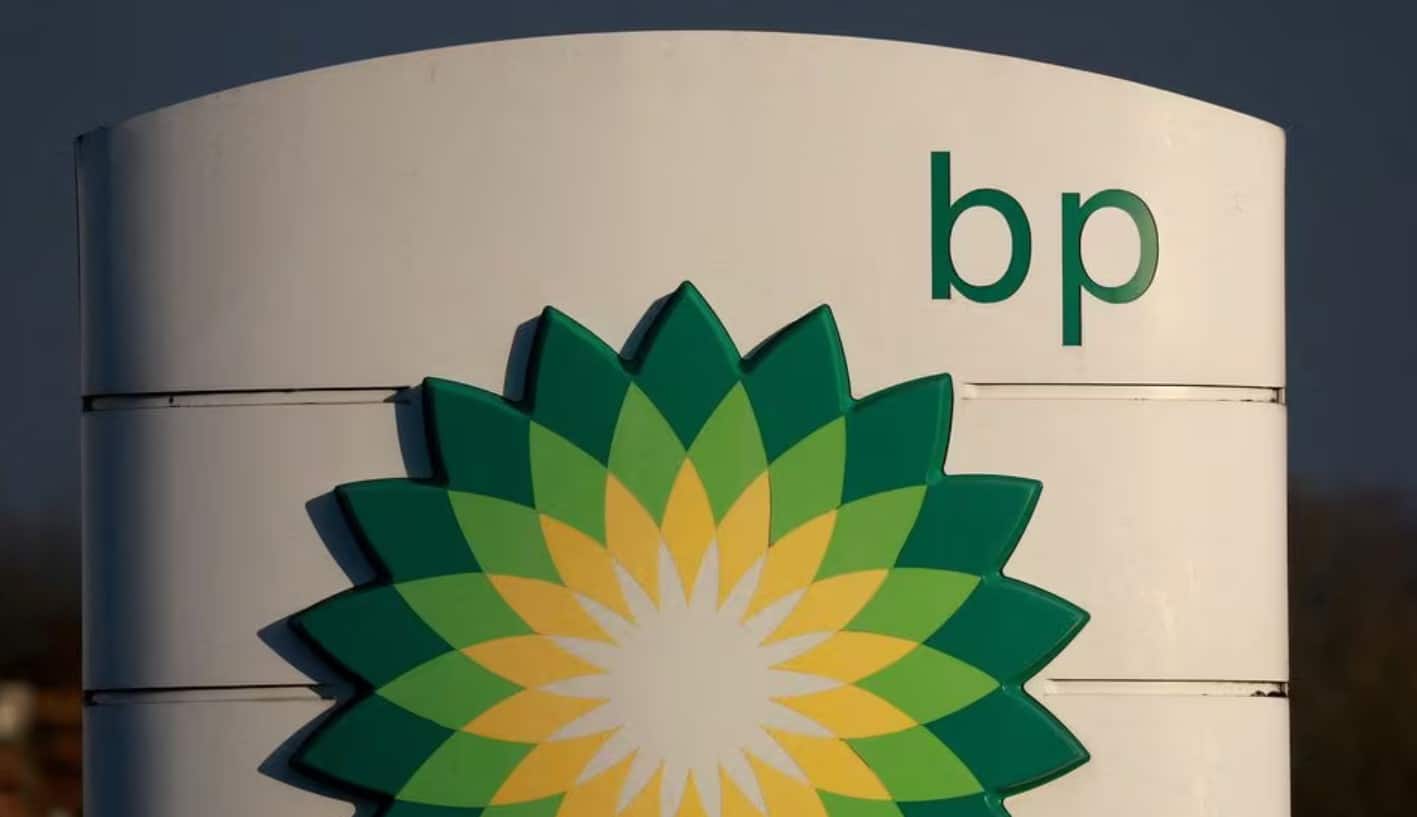BP (BP.L) this week reported a deeper-than-expected 48 per cent drop in net profit to $1.4 billion on weaker gas trading and refining results and announced the departure of its strategy chief as it tries to shore up investor confidence.
Under pressure to improve profitability and cut costs CEO Murray Auchincloss has announced plans to sell $20 billion of assets through to 2027 and reduced spending and share buybacks.
The British energy giant has abandoned a move to slash hydrocarbon production and boost its low-carbon business, plans pushed by strategy and sustainability chief Giulia Chierchia who announced that she would step down on June 1.
US fund manager Elliott Investment Management had wanted a change of strategy chief as it seeks higher free cash flow through deeper cuts to spending and costs, sources familiar with the matter told Reuters.
BP’s shares have lagged peers since its foray into renewables under previous CEO Bernard Looney who brought Chierchia into BP.
Since Auchincloss’s strategy revamp in February, BP’s shares have lost 20 per cent, compared with a 7.5 per cent and 1.8 per cent drops for rivals Shell (SHEL.L) and Exxon (XOM.N), respectively.
BP posted a first-quarter underlying replacement cost profit, or adjusted net income, of $1.38 billion, below the $1.53 billion expected by analysts in a company-provided poll.
That was down from $2.7 billion a year earlier.
Profit at its gas and low-carbon unit was down around 40 per cent, hit by weaker trading and lower production after asset sales.
Its customers and products business was down by around 47 per cent.
BP said it expects to conduct a heavy refinery maintenance programme in the second quarter, which likely means lower output.
Amid an industry-wide fall in refining profitability, BP’s refining margins averaged $15.20 a barrel in the first quarter, down from $20.60 a year earlier.
BP is buying back $750 million in shares for the quarter, at the low end of its guided range, a stark slowdown from buybacks that totalled $7.1 billion last year.
BP increased its outlook for asset sales this year to $3-$4 billion from $3 billion previously. It also cut its spending outlook for this year by $500 million to $14.5 billion and reiterated its $13-$15 billion target for next year and 2027.
Global benchmark Brent crude prices averaged around $75 a barrel during the January-March quarter, compared with around $87 a year earlier.
Earlier this month, oil prices went into free fall after US President Donald Trump announced tariffs on trading partners and Brent is now hovering around $66 a barrel.
“In the event of sustainably lower prices, we would expect deflation to become evident across our capital plans and we see around $2.5 billion of further capital flexibility, should we require it,” Auchincloss said in a presentation.
“This is equivalent to around $10 per barrel of oil price sensitivity.” He added in a conference call, that executing this option for further spending cuts would hit its long-term growth.
Elliott has increased its stake in BP to just over 5 per cent, placing it between top shareholders BlackRock and Vanguard, LSEG data shows.






Click here to change your cookie preferences